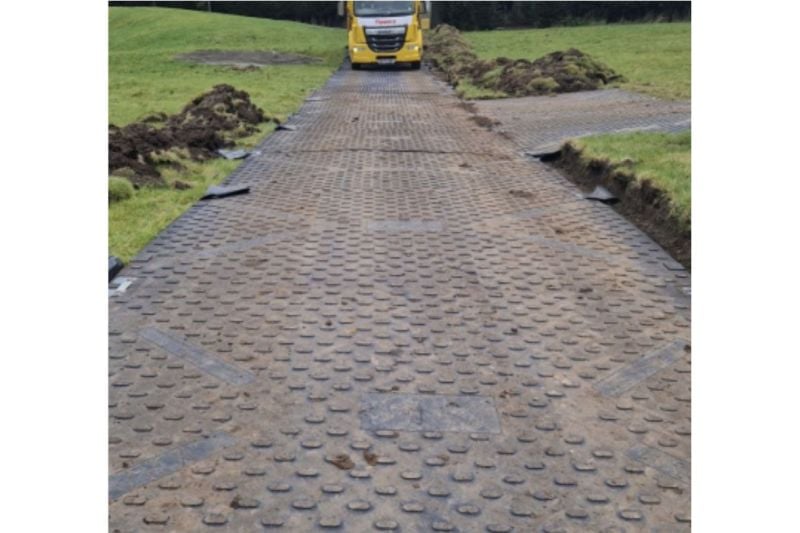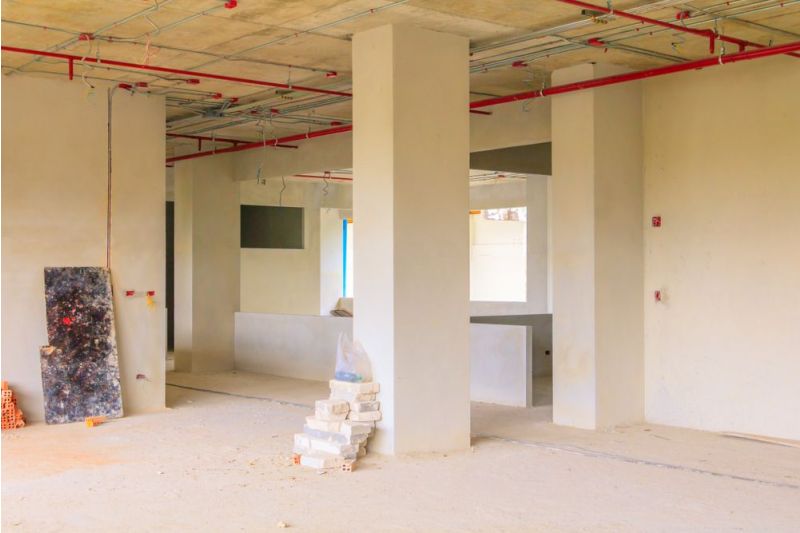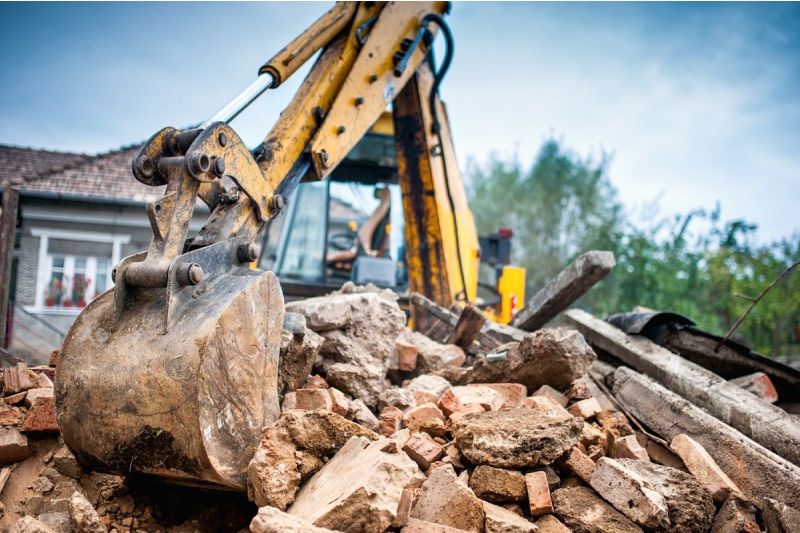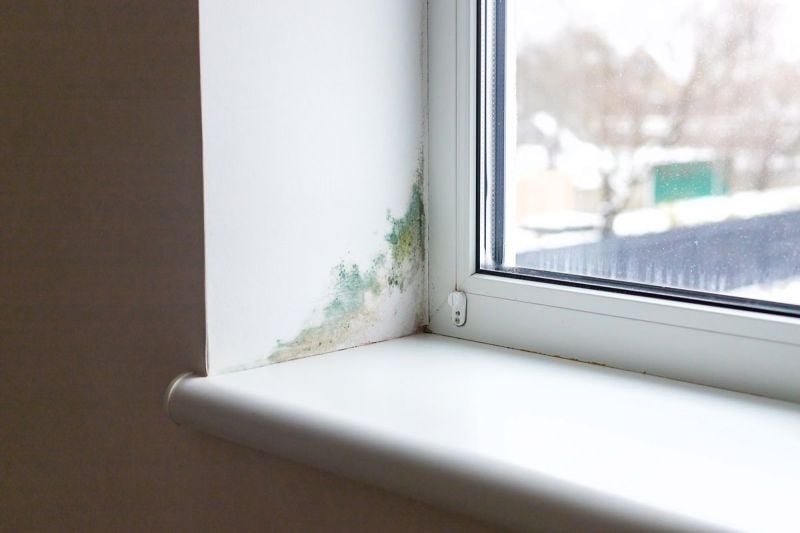The amount of waste generated by the construction industry is an ongoing issue that many construction firms are looking to address. Construction waste contributes significantly to landfills and environmental pollution, with significant culprits including building materials, packaging, and other waste materials.
Managing construction waste and removing waste safely is essential for protecting the environment, reducing project costs and meeting those vital sustainability goals. By embracing recyclable and reusable materials, especially for temporary site protection, contractors can reduce waste significantly, support sustainable practices, and enhance their reputation in the industry.
Read on and discover how contractors can reduce their construction waste and embrace the recyclable materials that are available.
Assess waste sources on construction sites
Assessing the waste sources on a construction site is one of the first steps in reducing environmental impact. By conducting a waste audit, contractors can identify a site’s major waste contributors. Once identified, steps can be taken to reduce waste where possible.
Typical contributors to construction site waste include packaging, offcuts, and leftover materials accrued from temporary structures. Depending on the project, there will be similar contributors across different sites and unique waste sources. Therefore, auditing on a site-by-site basis is essential to ensure nothing is missed.
READ ALSO: Sustainable construction: What is it and what you need to know
Prioritise recyclable and reusable materials

One of the greatest tools at your disposal is recyclable and reusable materials. Identifying these materials and prioritising their use across the construction site will significantly reduce construction waste. Choosing materials of this nature can also help limit the site’s landfill impact.
A wide range of recyclable and reusable materials have varying applications on a construction site. For example, metals, timber, and certain plastics such as Correx are invaluable materials to have at your disposal.
Collaborating with suppliers who can offer eco-friendly solutions is also an excellent idea. Look for suppliers who certify their material's recyclability and reusable nature.
Use temporary protection materials made from recycled or recyclable content
Temporary protection materials are vital to any contractor's work on a construction or building site. These materials are used to protect a wide variety of surfaces from impacts from things like equipment, spills, weather, and foot traffic.
Workers can safeguard their sites while supporting sustainability goals by using temporary protection materials made from recycled content, such as Correx. Another benefit of temporary protection materials is that they can be reused, preventing waste between projects.
Beck is an expert in temporary protection and offers a range of recycled and recyclable protection products. These products include everything from floor protection to rubble sacks.
READ ALSO: Benefits of reusable temporary protection products
Implement a waste minimisation plan

An effective waste minimisation plan is critical for contractors aiming to reduce the amount of waste generated on construction sites. Implementing thoughtful planning and precise waste management can significantly reduce the need for building waste disposal and save on costs associated with waste transfer and disposal.
Start by accurately estimating the required construction materials to avoid ordering excess supplies that could turn into waste. Choose high-quality, durable temporary protection materials that can be reused on multiple projects rather than discarded after a single use.
Planning the logistics of material deliveries can also prevent on-site overcrowding and minimise builders’ waste by ensuring materials are used efficiently and promptly. Encouraging team members to handle materials carefully and use protective measures can also reduce damage, limiting waste materials that would otherwise require disposal.
Promote on-site recycling practices
A construction site with an organised recycling system can dramatically improve construction waste recycling rates. By segregating different types of construction waste, such as metals, plastics, wood, and other building materials, contractors can streamline the waste collection and recycling process. Setting up clearly labelled bins for various recyclable materials encourages workers to dispose of building waste responsibly and reduces contamination, making recycling efforts more efficient.
For construction and demolition waste, collaborating with local waste disposal facilities is essential to ensure that recyclable waste transfer and processing are managed according to regional regulations. Additionally, educating team members about the importance of recycling waste materials and its benefits to the environment can boost participation and compliance, creating a more sustainable construction site.
Utilise a ‘Collect Back’ scheme
Another helpful tool is to utilise schemes that help you return materials once you no longer need them. For example, Beck offers a ‘Collect Back’ scheme for Correx, which sees used Correx collected and then recycled on a contractor’s behalf.
Schemes like this support a circular economy and provide convenience for industry professionals. Beck’s scheme is straightforward, and it works like this:
- Order a Correx Collection Bag
- Fill the bag with used Correx
- Call Beck to arrange collection or book online
- Receive a certificate summarising the weight collected, the carbon saved and the volume diverted from the landfill.
This is a simple way for contractors to reduce their environmental impact. To learn more, look at Beck’s Collect Back page.
Partner with eco-friendly suppliers

Ensuring you collaborate with eco-friendly suppliers helps you practice sustainability and showcases your green credentials to clients and potential customers. Seek out suppliers with green certifications or those that prioritise sustainability in their product lines and practices.
Beck provides a wide range of recycled and recyclable products, such as polythene sheeting. Since the beginning, sustainability has been part of Beck’s ethos, and even more environmentally friendly products are being developed. So, if you are looking for a trusted partner in sustainable construction, get in touch.
Track and report on the environmental impact
Tracking waste generated and reporting on construction waste recycling progress is crucial for maintaining sustainability benchmarks. By documenting waste disposal and recycling efforts, contractors can gauge the effectiveness of their waste minimisation strategies and highlight the positive environmental impact of their operations.
Consider using digital tracking tools or spreadsheets to monitor waste collection, waste removal, and recycling rates across projects. Regularly reviewing these metrics can reveal patterns, helping contractors refine waste management practices and identify opportunities to reduce waste further.
Additionally, reporting on waste reduction and recycling achievements can strengthen a contractor’s reputation among eco-conscious clients, showcasing a commitment to reducing builders' waste and embracing sustainable waste materials in the construction industry.
READ ALSO: PPE recycling: How to do it on a construction site
Tips for reducing construction waste
- Assess your site’s waste sources
- Have a waste minimisation plan
- Use recycled and recyclable materials
- Introduce recycling initiatives
- Utilise collect back schemes
- Work with sustainable suppliers
- Track your site’s environmental impact
Building a sustainable future in construction
Reducing construction waste and promoting recycling is more than just good practice—it’s essential for a sustainable future. By prioritising recyclable and reusable materials, implementing effective waste minimisation plans, and promoting on-site recycling, contractors can significantly reduce the environmental impact of their projects.
To support your waste reduction goals, browse Beck’s range of recyclable and reusable temporary protection products. These high-quality solutions are designed to help contractors manage building waste more sustainably while protecting their sites.
Explore Beck’s temporary protection products today to take the next step toward sustainable construction.






